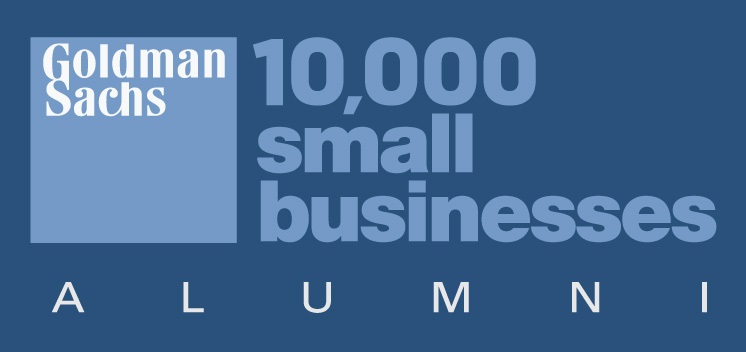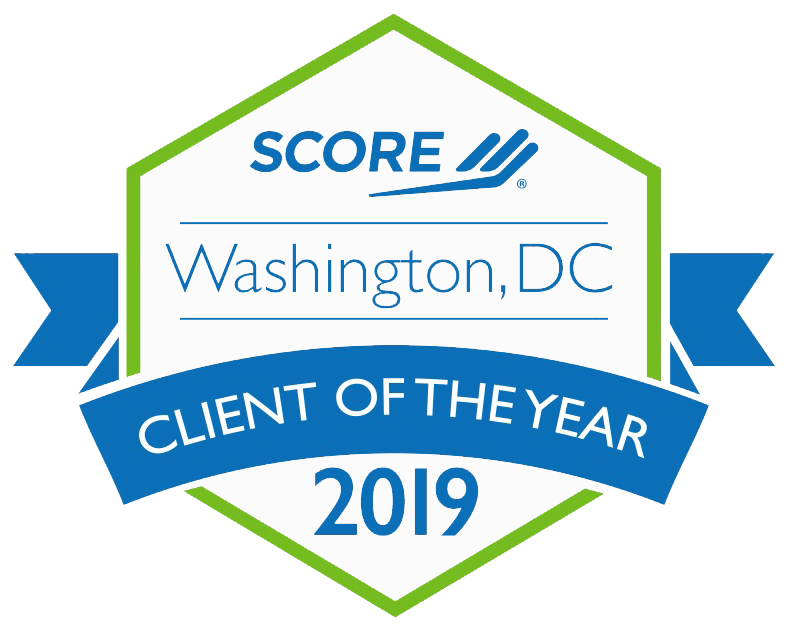As grant writers, we typically have a few grant applications in the pipeline at once. It takes a lot of organization to make sure deadlines and timelines are set up correctly. But what if you find the “perfect grant” last minute? Is it worth shifting everything around to pursue it?
The short answer is: maybe. In this article, we’ll take a deeper dive into why last minute grant pursuits arise, and how to avoid them.
Caveat: Take COVID-19 into consideration.
It goes without saying that times have changed in the midst of COVID-19. Lots of emergency opportunities have arisen, and it may be worth applying to offset COVID-19 expenses. This applies for day-to-day grant operations outside of COVID-19, as they are two different funding streams and types of opportunities. For more information, check out our blog on applying for grants in a COVID-19 world.
If you find a last minute grant, you might tell yourself these statements:
“This is the perfect grant for us!”
Unfortunately if you are just learning about a grant once the announcement has come out, you are probably too late. Determining if a grant is the right fit takes time, and requires thought out timelines and delegation. It’s easy to say “go for it,” but you could run into issues with funder communication once the announcements are published. When you’re rushed, it’s easier for errors to occur on your applications as well. By writing the application in a hurry, you run the risk of completing an application that isn’t up to par with your organizations or funder’s standards.
“This is an easy application and won’t take that long.”
Although some applications may appear shorter in length, that doesn’t necessarily translate to the amount of time it takes to complete it. Sometimes the shorter the application, the more your word choice matters. And although there may be fewer sections to fill out, the areas themselves might be more in depth than you’re used to or require more detail. It’s tempting to fill out “short” applications — but in most cases, it will be a better use of your time to refine what you’ve already have in the pipeline.
“My boss would be happy if we applied to this one.”
Let’s face it — we’re all looking for quick wins when it comes to our bosses approval! But as we stated above, that time could be wasted if you don’t achieve the desired outcome. If you find a last minute grant that you think would be a good fit, mark it on your calendar for next year. That way you can get ahead of the curve!

So, how do I know if it’s worth it to pursue a last minute grant?
Calculate your likelihood of success.
A good rule of thumb here is to divide the total number of applicants by the number of awards made. You can look at the previous year’s program for this info. If you can’t find this information online, don’t hesitate to contact the funder and ask! In fact this will be a good segue into opening the doors for communication. Ideally, target a ratio that lands at less than 20%. So for example if you have 100 applicants and 34 of those are funded, that means you have a 34% chance of getting funded.
Look at the funder’s history.
Finding out if a grant is a “perfect fit” goes beyond looking at the project website. Sometimes the language on the funder’s website doesn’t always translate to their current giving priorities. Make sure you do your research to see what their previous grant history looks like. If a funder who has previously supported your organization makes a direct request to renew or extend support, you might give stronger consideration to the application.
Calculate the grant preparation cost.
We have a tendency to think our time is free, but it certainly is not! All application preparation comes with a cost. To get an idea of what it costs for grant application preparation, take your hourly rate and add 20-30% for your benefits. Then, multiply that by the number of hours you think it will take to complete this project. Complete the same process again for any other team members involved. If your gut tells you it’s not worth it — it probably isn’t.
Use a go/no-go checklist to guide you.
Go/no-go assessments can be very helpful in deciding whether or not to apply for a grant. Listing out specific criteria and weighing out your pros and cons can act as a guideline for deciding if it’s worth it. It serves as a good starting point, and ensures that you won’t miss any key areas in your review.
If you’re looking for grant consulting services, RBW Strategy has your back! We help with grant research, planning, writing, and everything in between. Visit our services page for more information and contact us today!





